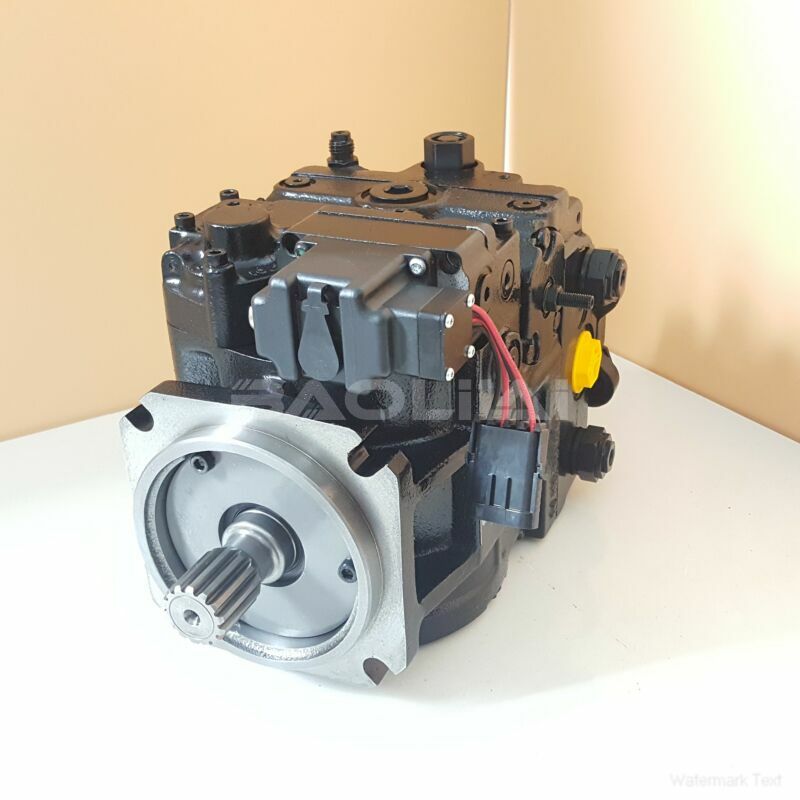90R180KA5NN80TCF1J03FAC202022 sauer danfoss pump
90R180KA5NN80TCF1J03FAC202022 sauer danfoss pump

- Product Details
- Applicable Scene
The pharmaceutical industry faces increasing demands for precision, efficiency, and compliance in manufacturing processes. Among the critical components that facilitate these requirements are dosing systems, which play a pivotal role in the accurate dispensing of raw materials and active pharmaceutical ingredients (APIs). Danfoss hydraulic pumps have emerged as a leading choice for precision dosing applications in pharmaceutical production, offering several advantages that enhance operational effectiveness and product quality.
90-R-180-KA-5-NN-80-T-C-F1-J-03-FAC-20-20-22
90R180KA5NN80TCF1J03FAC202022
One of the primary benefits of using Danfoss hydraulic pumps is their ability to deliver high accuracy in dosing. These pumps are designed to provide consistent flow rates, which is essential for the pharmaceutical industry where even minor variations can lead to significant quality issues. By utilizing advanced control technology, Danfoss hydraulic pumps ensure that the required quantity of material is dispensed consistently, minimizing the risk of batch variability and adhering to stringent regulatory requirements.

83013298
Another key advantage of Danfoss hydraulic pumps is their versatility. They can handle a wide range of viscosities and types of fluids, making them suitable for various applications within pharmaceutical production, from liquid formulation to active ingredient dosing. This adaptability is crucial in an industry where formulations can change frequently, and manufacturers must be able to quickly adjust their processes to maintain efficiency and quality.
Danfoss hydraulic pumps also excel in energy efficiency, which is a vital consideration in modern manufacturing processes. The pumps are engineered to operate efficiently, which not only reduces energy consumption but also lowers operational costs. In addition, their robust design ensures reliability and longevity, reducing the need for frequent maintenance and replacements. This reliability is particularly important in pharmaceutical production, where downtime can lead to costly delays and regulatory challenges.





